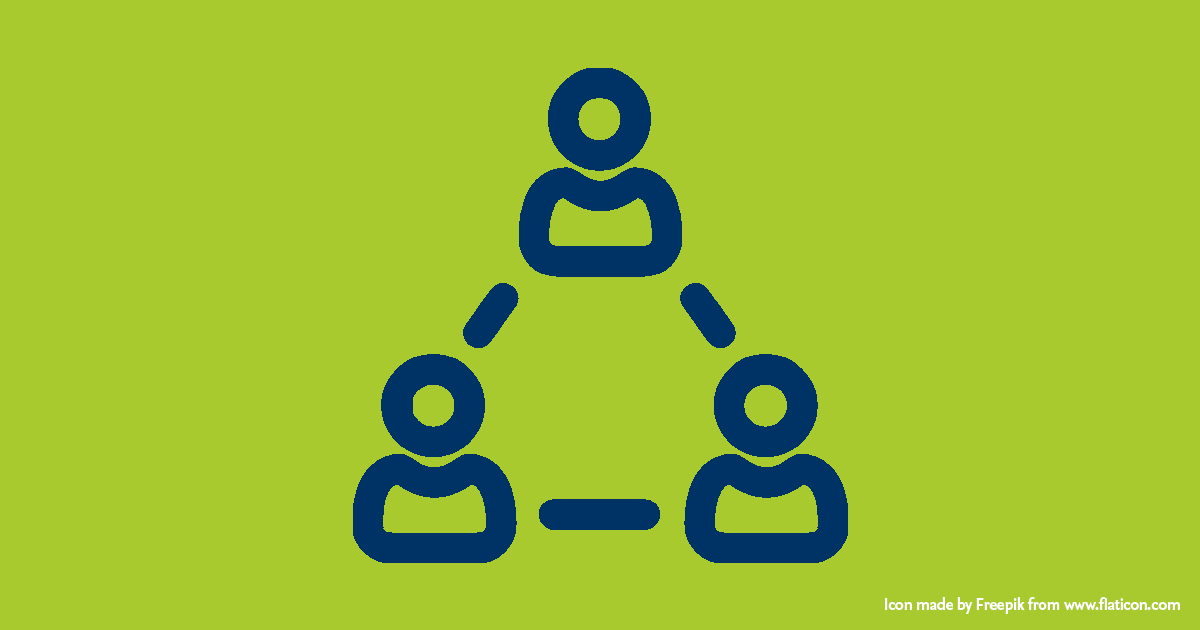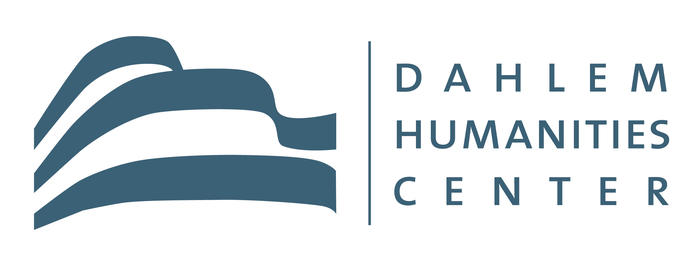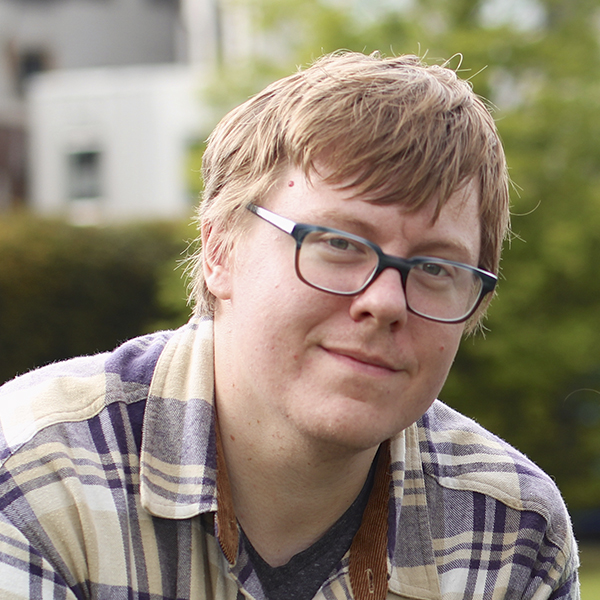During the weekly Kalīla and Dimna research colloquium, Beatrice Gründler and her team discuss current research results. AnonymClassic team members and guests present ongoing work for critical analysis to their peers. Meetings take place each Thursday from 12-15 pm, in the Holzlaube building, room -1.1062, Dahlem campus.
Month: April 2019
Indologist Florinda De Simini reads with us the Mahābhārata tales of Kalīla and Dimna – Part 2
In daily close reading sessions from April 3-6, 2019, our team picks up where we had left off in October 2018: Our expert advisor was Florinda de Simini, Indologist from L’Orientale (Naples University), who in December 2018 started with her project on “The Shivadharma and the Making of Regional Religious Traditions in Premodern South Asia”, funded by a Starting Grant from the European Research Council (ERC), returns to Berlin to dive back into the Mahābhārata predecessors of the Kalīla and Dimna tales. Special guest is Kenji Takahashi from the University of Kyoto.
This close reading workshop is to be continued!
Matthew L. Keegan earned a grant of the Dahlem Humanities Center Junior Host Program
Theodore Beers joins our team!
Theodore is a Persian and Arabic philologist who wrote his dissertation at the University of Chicago on the development of Persian literary anthologies in the late Timurid and early Safavid-Mughal periods. As part of the AnonymClassic team, Theodore will focus on the transmission, translation, and continual reworking of material connected to Kalīla wa-Dimna, with particular regard to the interplay between the Arabic and Persian traditions.





